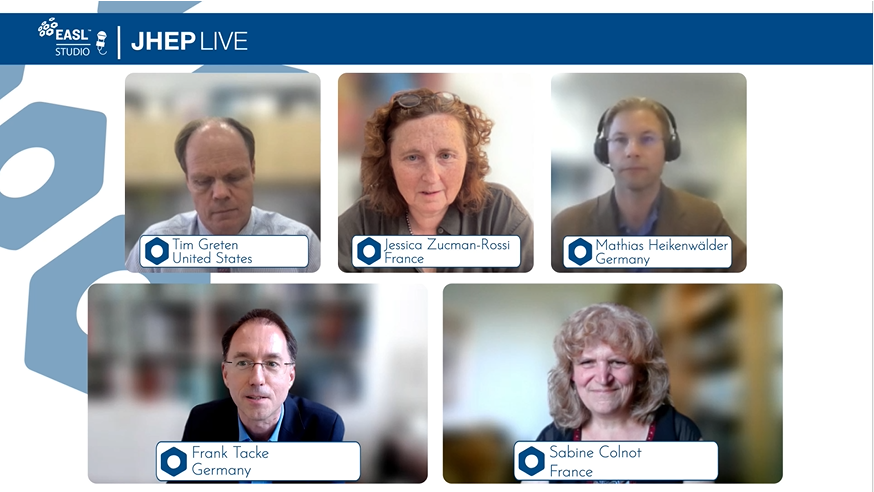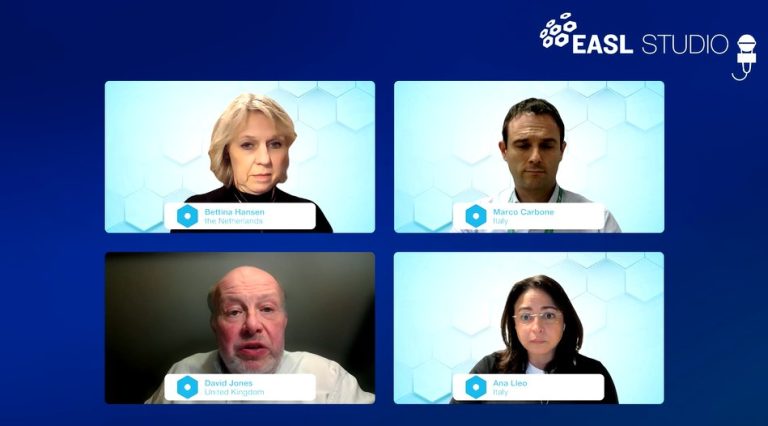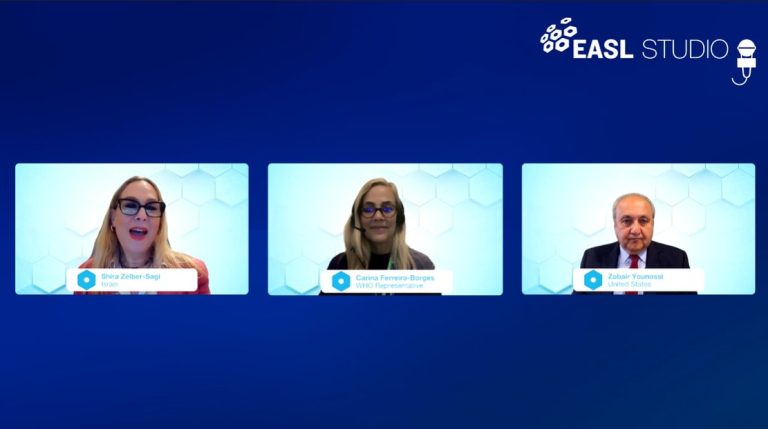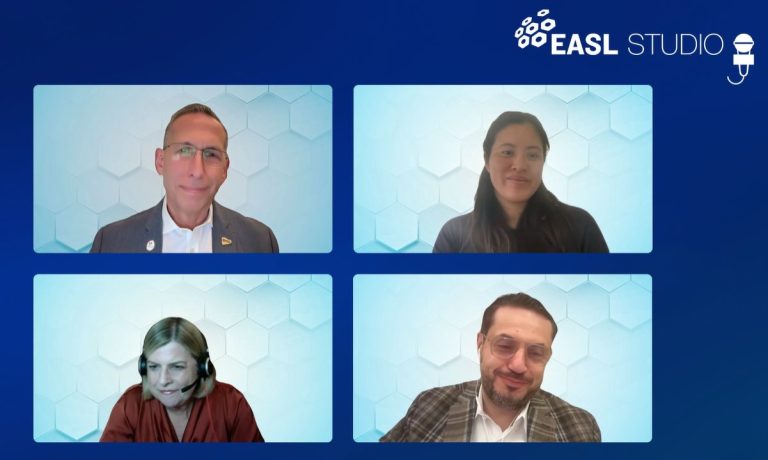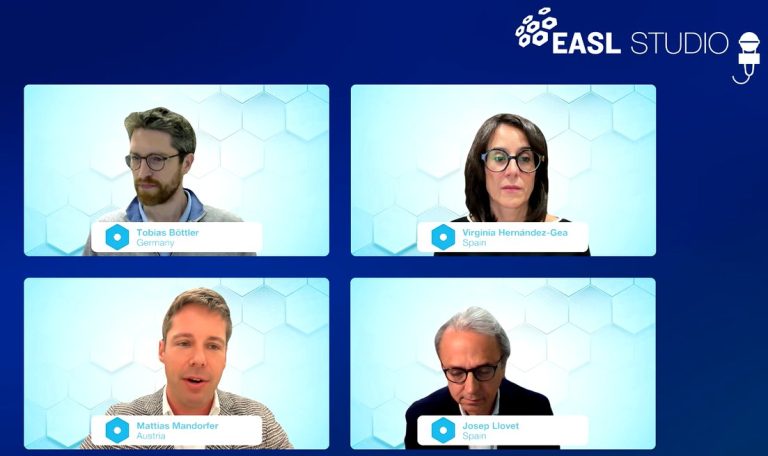Season 2, Episode 15 - The best animal model for HCC – lost in translation?
Mouse models, based on dietary, chemical or genetic interventions, are designed to serve as tools to understand human liver diseases.
With the number of models increasing:
- What types of models exist for hepatocellular carcinoma?
- How close do they mirror human liver cancer (subtypes)?
- Can they be used to predict therapeutic response?
- What are the best models? For which questions?
- From idea to conception, are we getting lost in translation?
Read this recent Journal of Hepatology article, on which the discussion will be based and tune in next Wednesday.
Faculty:
- Prof. Frank Tacke (Moderator)
- Dr Sabine Colnot
- Dr Tim Greten
- Prof. Mathias Heikenwälder
- Prof. Jessica Zucman-Rossi
Speakers
Frank Tacke (Moderator)

Frank Tacke is board-certified in Internal Medicine, Gastroenterology, Endocrinology and Diabetology, Critical Care Medicine and Infectious Diseases.
Read more
He has (co)authored >580 peer-reviewed original and review articles, and he is listed as a “Highly Cited Researcher 2020 and 2021” in the area “cross-field”. He has served on the Governing Board of the EASL (2014-2018) and is currently Co-Editor at the JHEP.
Professor Tacke has been appointed in 2019 as the Head of Hepatology and Gastroenterology at the Charité - Universitätsmedizin Berlin, one of Europe’s largest university hospitals and renowned for excellence in medicine.
Sabine Colnot
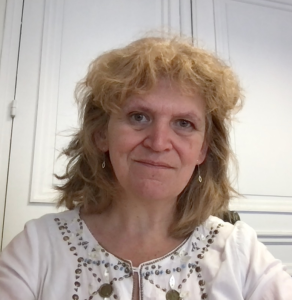
Sabine Colnot heads a research team entitled “Oncogenic functions of beta-catenin in the liver” of the French National Institute of Health and Medical Research (INSERM), at the Cordeliers Research Center in Paris, France.
Read more
She specializes in the generation and characterization of mouse genetically-engineered models of liver cancers, with a focus on beta-catenin signaling in Hepatocellular Carcinoma. She discovered the major role of that signaling in patterning the liver metabolic zonation, and in driving a specific hepatocarcinogenesis, requiring targeted therapeutic options.
Tim Greten
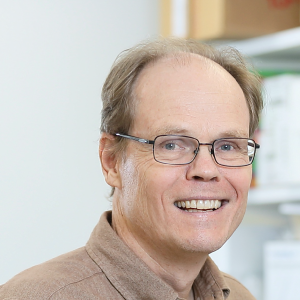
Dr Greten is co-chair of the Center of Excellence in Immunology, member of the Center for Advanced Preclinical Research oversight.
Read more
In 2010 he joined CCR's Medical Oncology Branch as head of the Gastrointestinal Malignancy Section and was promoted as a tenured Senior Investigator in 2015 and Deputy Branch Chief in 2018.
Dr. Greten has published more than 200 peer-reviewed papers on basic tumor immunology, translational research studies in hepatocellular carcinoma (HCC) as well as on clinical trials in different gastrointestinal malignancies, including HCC.
Mathias Heikenwälder
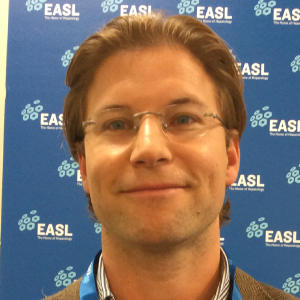
Prof. Mathias Heikenwaelder is a trained molecular biologist and microbiologist, with expertise in immunology, pathology and a strong link to translational research evoked by 10 years of work and expertise in a Pathology Institution (Clinical Pathology, University Hospital Zurich, Switzerland).
Read more
Since October 2015 he is heads the Department “Chronic inflammation and Cancer” at the German Cancer Research Center (DKFZ) in Heidelberg focusing on the link between chronic inflammation and cancer, with the main focus on liver cancer.
Prof. Heikenwaelder’s laboratory aims at understanding the different immune signatures of chronic inflammatory human diseases driving liver tissue damage and liver cancer using patient material and relevant preclinical mouse models. This is done with the final aim to generate valid pre-clinical models of chronic inflammation induced tissue damage and cancer, used for pre-clinical research.
Mathias Heikenwälder has received several awards and prestigious grants (ERC-Starting 2011; ERC-Consolidator 2016; ERC-Proof of concept 2019; Horizon 2020, German Cancer Award 2022) and has become a highly cited researcher in 2019, 2020 and 2021. His credo is to support young researchers to follow their dreams and to support them to become independent.
Jessica Zucman-Rossi
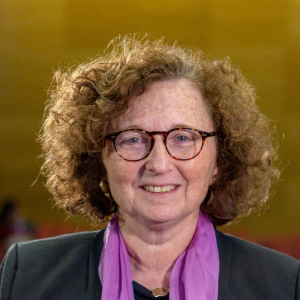
Jessica Zucman-Rossi is Professor of Medicine at University Paris Descartes, within the department of Oncology at the European Hospital Georges Pompidou (AP-HP).
Read more
She is the director of the Cordeliers Center of Research and of the team “Functional Genomics of Solid Tumors”, with a focus on liver and mesothelial tumors. Her team aims to develop basic genomic approaches based on human tumors analyses to identify new mechanisms of tumorigenesis and to transfer this knowledge into biomarkers that could be introduced in clinical care. In particular, the group was pioneer in the elucidation of the molecular classification of benign and malignant liver tumors.
Currently, she is President of the International Liver Cancer Association (ILCA) and she acts as Editor in Chief for the new EASL open access journal “JHEP Reports”.


